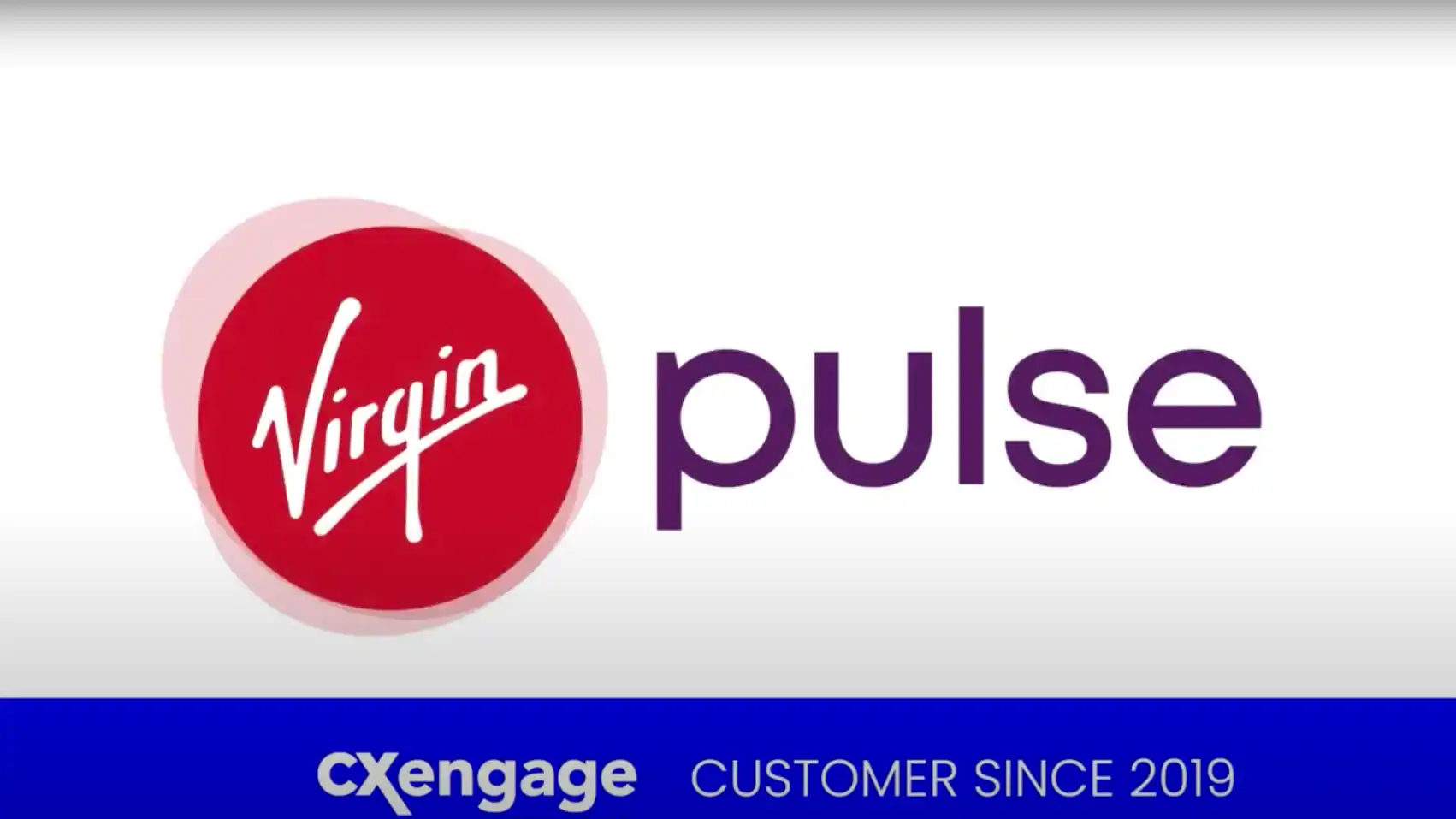
There was a time, not that long ago, when self-service didn’t exist. Sure, you could usually pump your own gas, but self check-out? Nope. Email or FAQs available online to answer questions? They didn’t exist. We’ve come a long way in a short amount of time, in part due to customer demand for on-demand service. Now customers can do a lot of things themselves, when it is convenient for them.
All sorts of self-service customer service methods are available now: website FAQs, social sites, blogs, online customer forums, knowledge bases and the ubiquitous IVR. Love it or hate it, interactive voice response was one of the pioneering self-service functions available to customers. Talk about coming a long way!
Self-service offers some great benefits for customers—being able to find what they need, when they need it, regardless of “normal” business hours. There are benefits for brands to offer self-service as well, including cost reductions and improved customer satisfaction. But there are some questions or issues that self-service just can’t answer. And I wonder: Do self-service options have the potential damage customer-brand relationships?
I say “I wonder,” but I think it’s possible. For instance, some brands rely solely on self-service and offer no options for contacting a real, live person. It’s not good customer service to assume that your brand can answer all questions or issues through a website FAQ, knowledge base or social channel. Customers may get frustrated and never return to your brand.
Sometimes you really need to talk to a person to get the help you need.
If your customers have exhausted all of the self-help facilities that you have provided before they contact an agent you can bet they have a very specific or complex request. That means contact centers are handling more complicated or challenging issues. And that means contact centers need Super Agents. The skills of the Super Agent need to be greater and more diverse than they ever were with “scripted agents.” Super Agents need to be able to:
– Quickly access information about customer history, orders, preferences and past contacts.
– Engage with customers across any number of channels, from phone to live chat to social and more.
– Instill confidence that they can resolve the issue—and follow through to ensure customer satisfaction.
– Be empowered to make decisions and do what is needed to keep customers happy.
– Have immediate access to supervisors, perhaps via a chat function in their contact center platform, to secure support and approvals as needed.
– Display a higher level of “EQ,” or emotional intelligence, to handle complex situations with possibly emotional customers. Empathy, remaining calm under pressure and constant communication are key.
– Keep a positive attitude, regardless of the situation—people really can tell when someone is positive and smiling, even when not face-to-face.
Those Super Agents help transform the contact center into a sophisticated “customer hub.” They won’t be called in for every issue, of course. Self-service, when handled well and backed up by a contact center ready to step in for complex issues, can definitely save both brands and customers time and money. The trick is to make it as useful as possible, and as simple to use as possible, to keep customers happy and helping themselves (and save your brand money).
Check out my article for ICMI for tips on how to get started with contact center Super Agents, if you don’t already have some on your team. And remember the key tenets of customer service: know your customers, serve your customers and don’t waste their time.






